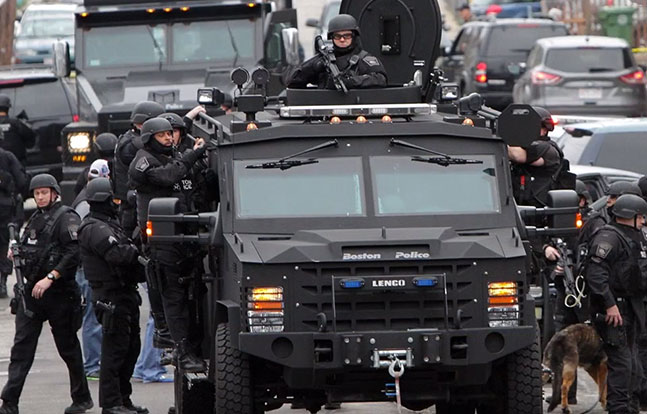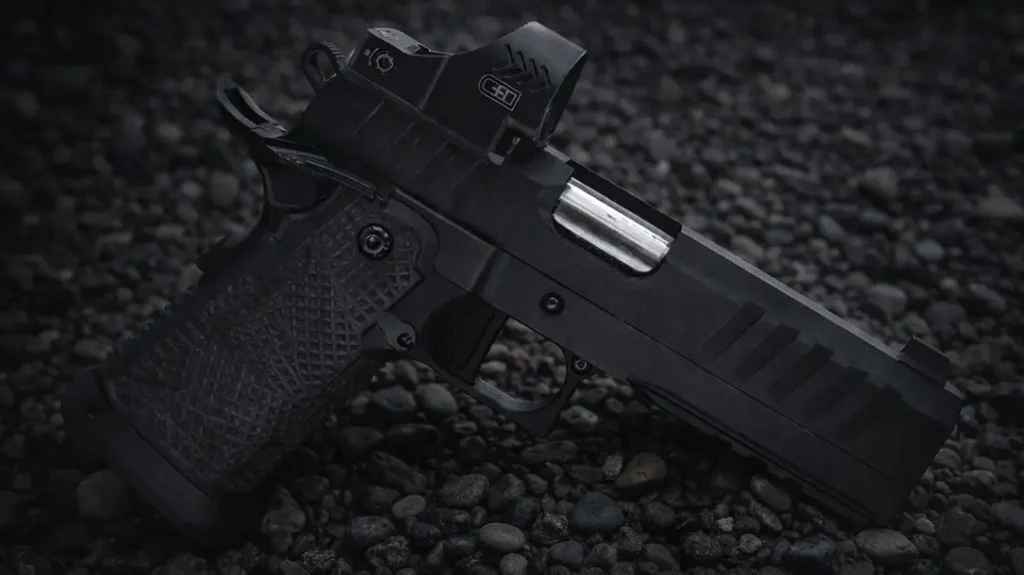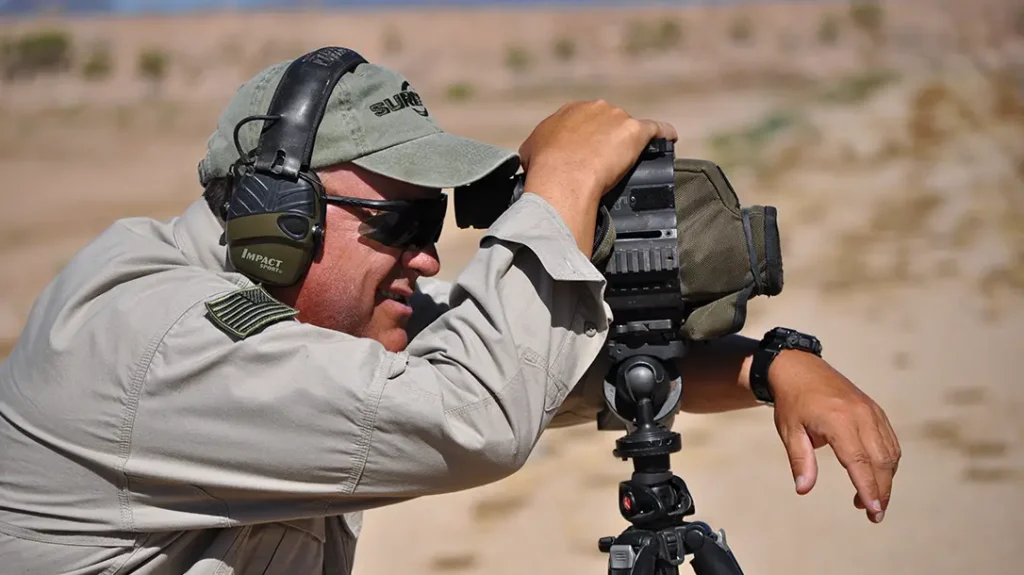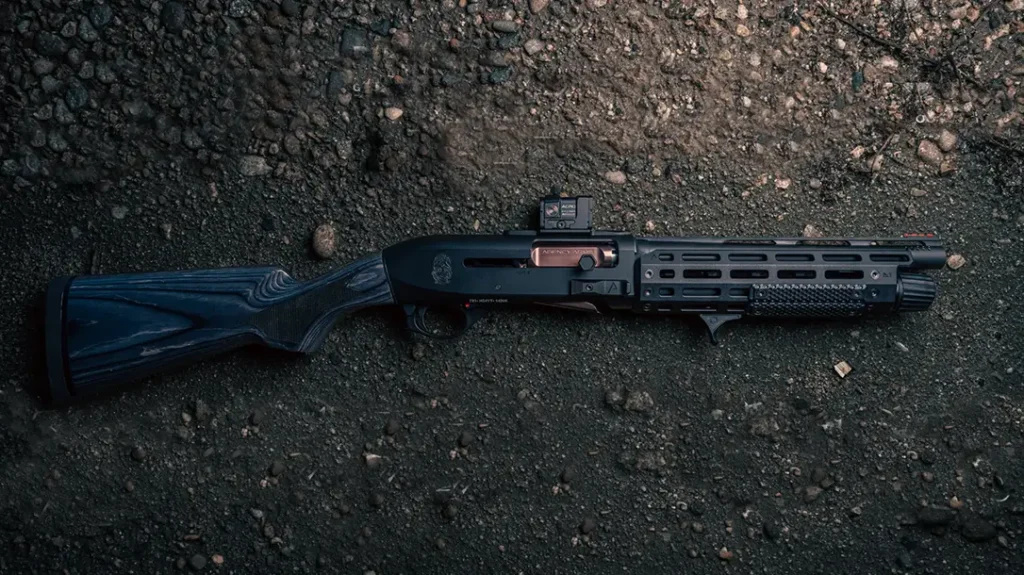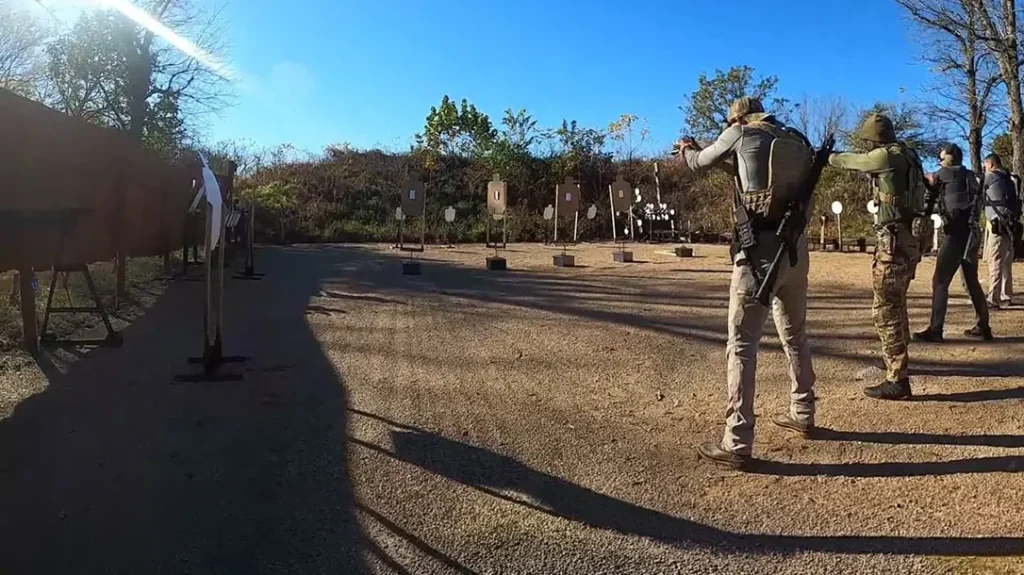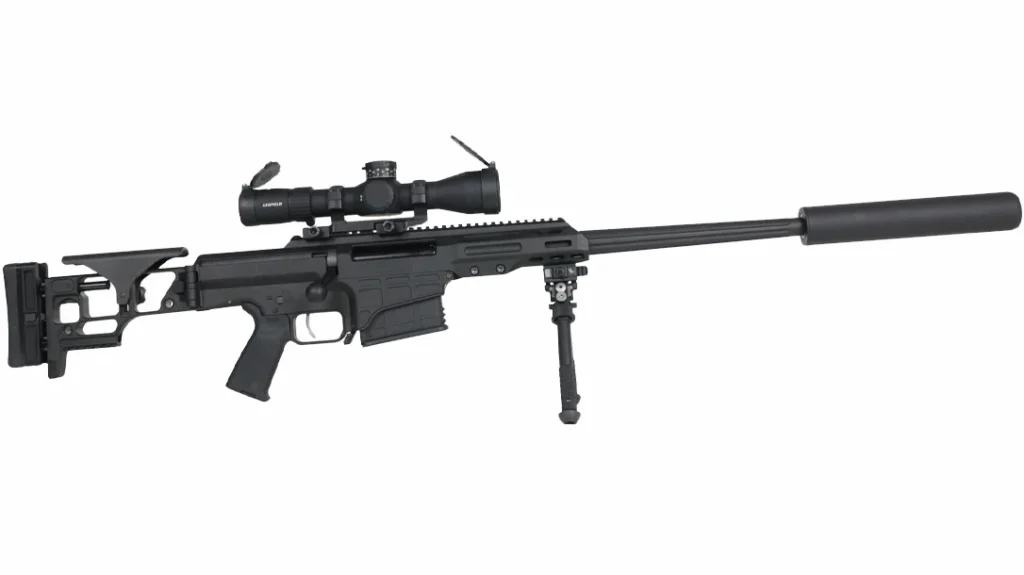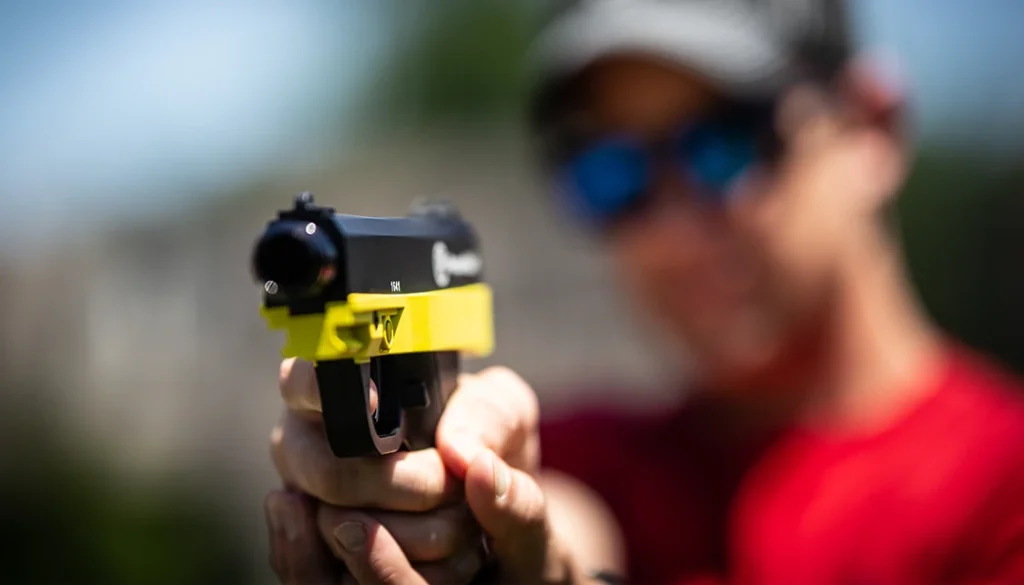The following is a release from the White House on the regulation of military equipment being transferred to police departments in the U.S.:
In addition to the work completed by the Task Force on 21st Century Policing, a separate federal interagency working group—led by the Departments of Justice, Defense and Homeland Security – has now completed an extensive review of federal programs that support the transfer of equipment to state, local and tribal law enforcement agencies.
On the basis of that review, the working group developed a series of concrete steps to enhance accountability, increase transparency, and better serve the needs of law enforcement and local communities.
Advertisement — Continue Reading Below
The President has directed departments and agencies to put the working group’s recommendations into practice and continue to partner with law enforcement and local communities during the implementation process.
The working group report is available HERE.
- The working group developed a unified list of prohibited equipment that may not be acquired under any of the various programs. This list includes tracked armored vehicles, weaponized aircraft and vehicles, bayonets, grenade launchers, and large-caliber firearms.
- The working group developed a unified list of equipment that law enforcement may acquire only in accordance with new and more rigorous controls. This controlled list includes armored vehicles, tactical vehicles, riot gear, and specialized firearms and ammunition.
- Uniform Acquisition Standards: Across all programs, the transfer of equipment on the controlled list will require the consent of the appropriate local civilian governing body (e.g., City Council, County Council, Mayor) as well as a clear and persuasive explanation of the need for the equipment and the appropriate law enforcement purpose that it will serve.
- Training and Protocols: To receive such equipment, law enforcement agencies must commit to have in place “general policing” training standards, including training on community policing, constitutional policing, and community impact. Agencies must also agree to protocols on the appropriate use, supervision, and operation of such equipment.
- Required Data Collection: Law enforcement agencies must collect and retain certain information whenever such equipment is involved in a “significant incident.” Upon request or during a compliance review, the law enforcement agency must provide this information to the federal agency that supported the equipment’s acquisition. This information will also be made publicly available in accordance with the law enforcement agency’s applicable policies and protocols.
To read more on President Obama’s regulations, please visit WhiteHouse.gov.
Advertisement — Continue Reading Below
